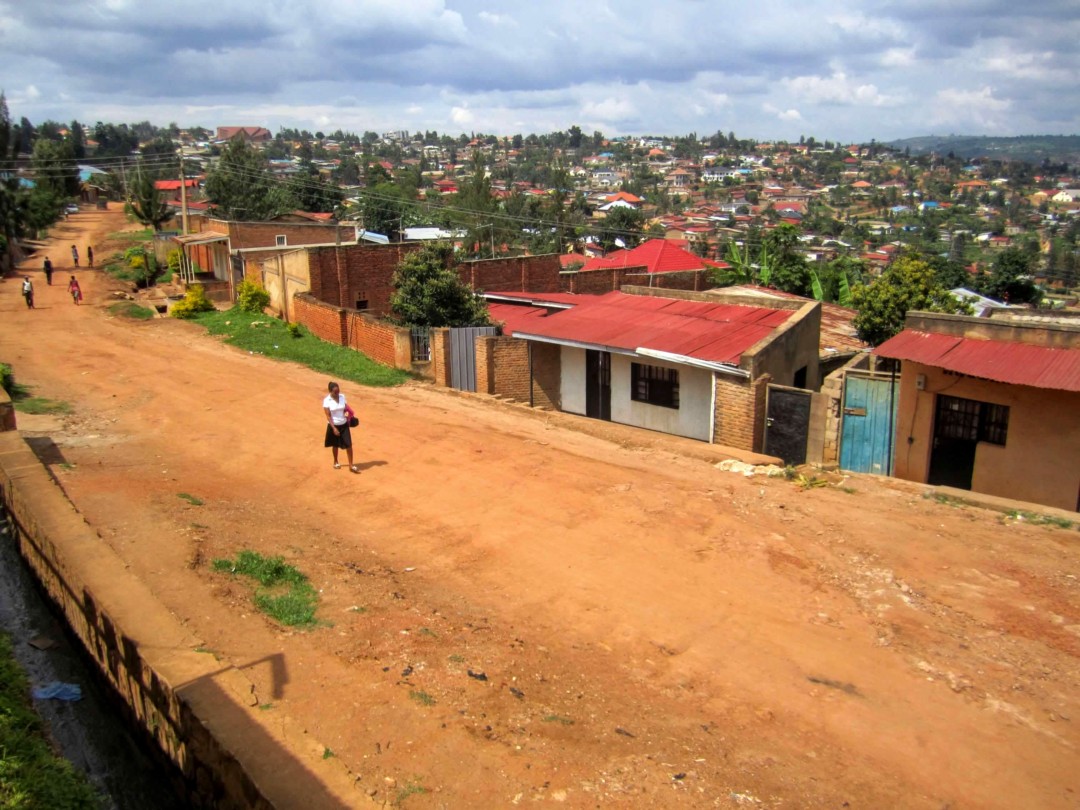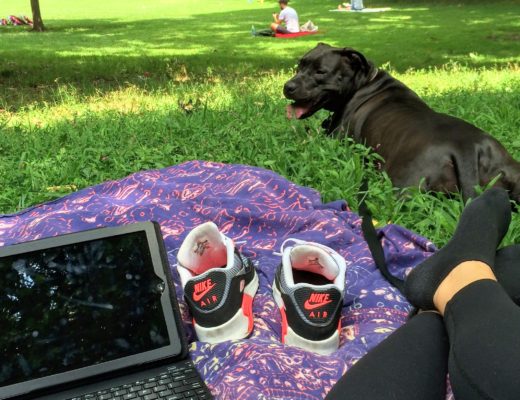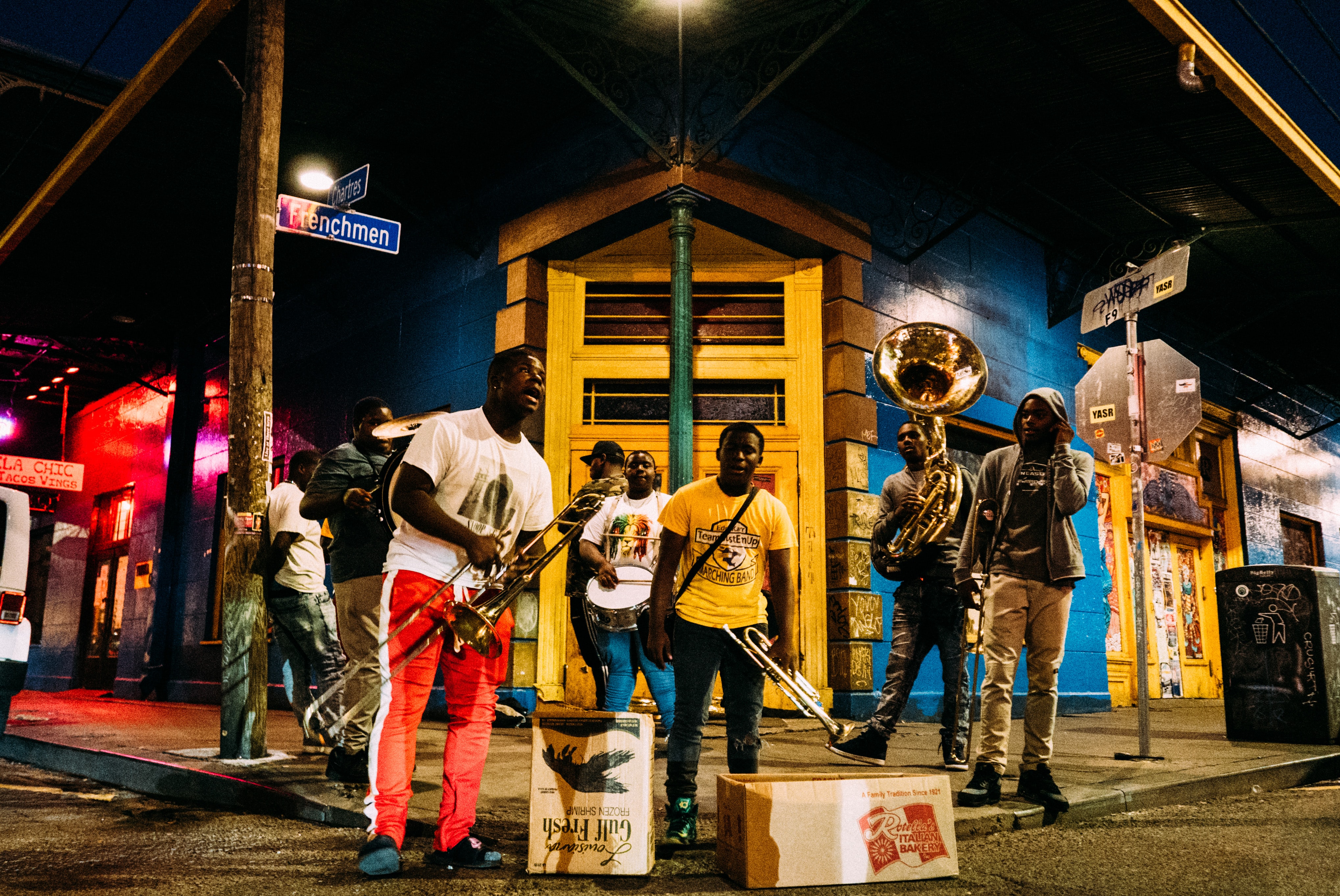I wake up on an average Sunday in Kigali and go for a journey through town. It is an ordinary day to most, but everything seems new and exciting to my two-week-old Rwanda eyes.
I exit my front gate and begin the bumpy hike up my dirt road to town. It’s a short, five-minute walk, but also a steep one. I pant the entire time.
On the way, I pass a church. The doors are open, and vibrant sounds of rejoice echo into the streets. The passionate singing, bright dancing dresses and unreserved clapping makes me smile through the exhausting climb.
Everyone stares as I pass. They do not threaten, nor am I scared. They just wonder about this white woman walking through their African neighborhood.
I walk 30 minutes down the main paved road to the nearest pharmacy. Typically, I take a taxi moto, but do not have any small change to pay with. A moto ride to the pharmacy would cost about 400 Rwandan Francs (RWF), but my smallest bill is 5,000 RWF. The moto drivers rarely carry much change.
My legs are covered in bug bites anyway, so I visit the pharmacy to buy anti-itch cream. The pharmacist reads me the tube’s French directions, and I make change with him.
The nearby ATM once again does not accept my Bank of America debit card, though I expected this to happen. I stubbornly try several more times and set off the bank’s ATM alarm. I take my rejected card, return my wallet to my backpack and leave. Several locals stare, as do two bank guards who hold AK-47 rifles. I act like I set off the alarm on purpose.
No one questions me. Several minutes later I still hear the alarm, but see no one check it.
I hail a moto. Locals do not whistle or yell for service here, but instead make a “ch” sound. One moto passes and I ask for the driver’s attention: “ch-ch!” He slows and turns into the parking lot where I wait. We bargain a fair price, and he drives me to Kigali City Center where I know of an ATM that will accept my card.
The moto driver drops me off, and I return his spare helmet. I walk to the international ATM, try it six times and receive my cash. My stubbornness and curse words must have helped it along. I take my money immediately to a coffee shop and spend it on lunch and a glass of passion fruit juice.
Many other foreigners surround me at this coffee shop. I see more white skin and hear more fluent English than anywhere I have been in the city. The man next to me curses with his friend several times a minute. I decide he must be American. I am right.
The day offered comfortable, 75-degree air and sunny skies when I entered the coffee shop. But, the rainy season brings with it frequent afternoon showers. And afternoon showers, as I learn this day, also brings with it power outages, fuzzy phone connections and temperamental Internet.
The coffee shop loses power. No one seems fazed, as I am the only one to peek up from my computer screen. I gaze around the dark room and realize this must be a normal occurrence in Kigali.
I return to my screen and wait for the rain to stop. When it turns to a sprinkle, I hurry outside and hop a moto home.
My large bedroom window allows me to watch night fall over the Rwanda hills. I feel tired, but embrace the beauty that lies in the crashing thunder and occasional bolts of lightning.
I open one of my class books and climb into bed. Five minutes later, the power goes out, and I use my phone screen to fumble for a flashlight. I lie under my sheets and mosquito net and read what I can before the dim lighting makes me tired. Soon, I fall asleep to the sounds of drizzling rain.
It was an average day that taught me more-than-average things about life in Kigali. As my roommate and I have grown to say, it was just another day in K-town.




No Comments